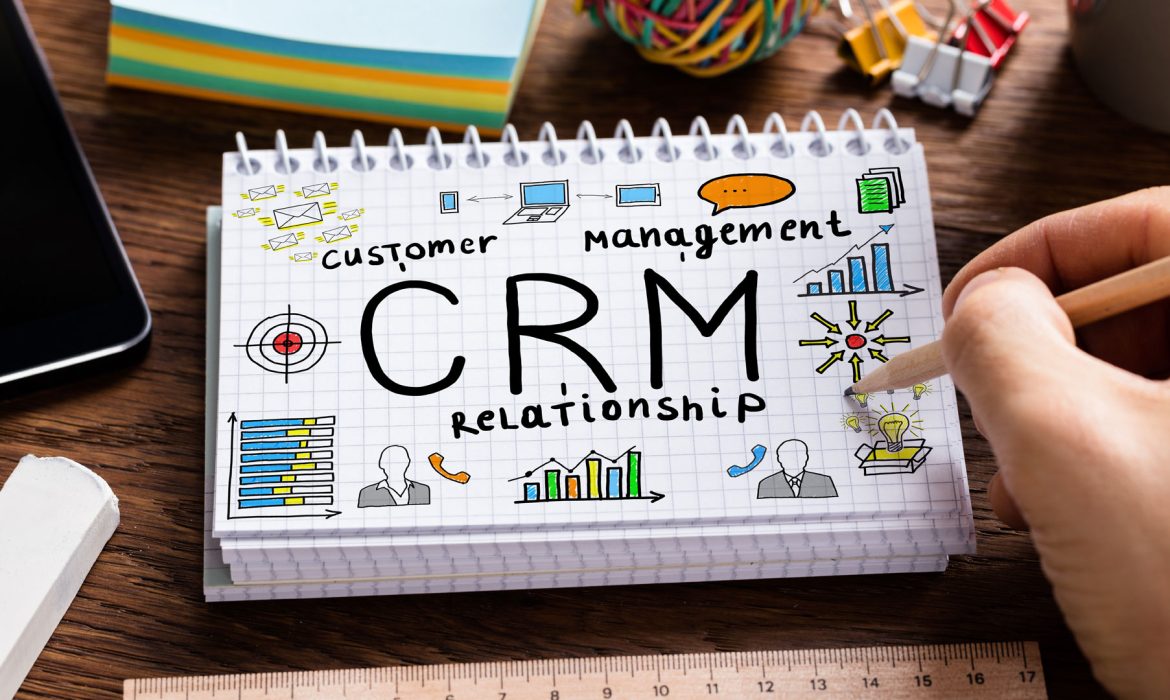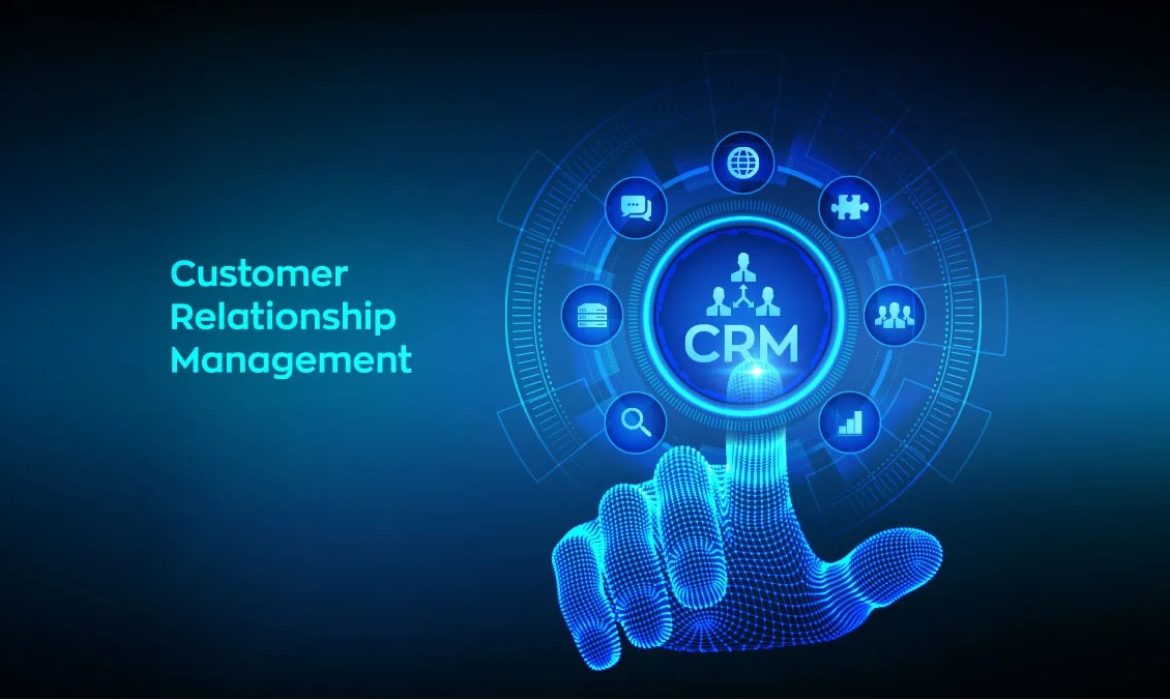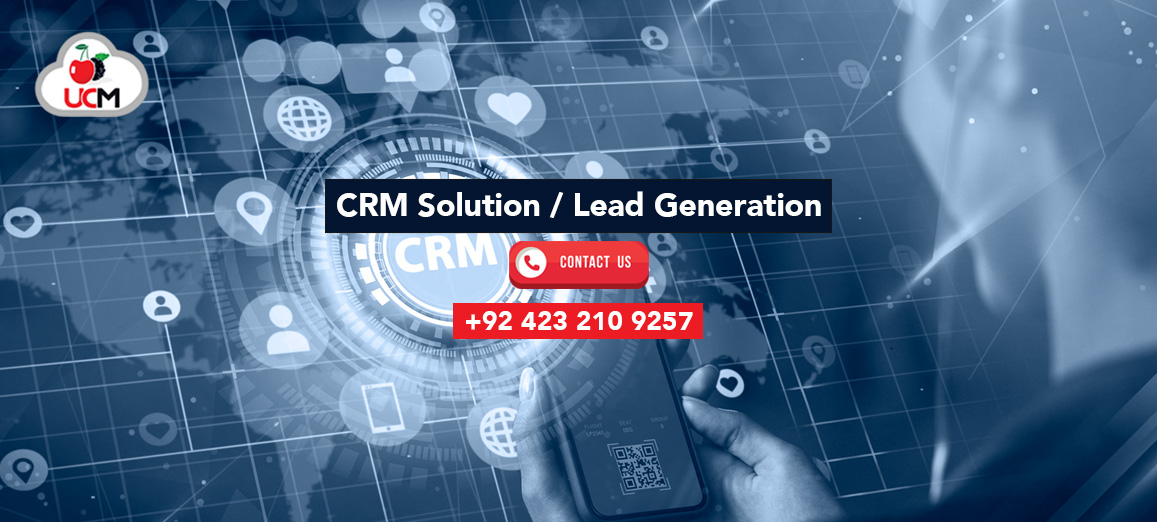Top-Tier Tactics for Thriving Customer Relationship Management
Why is Customer Relationship Management Important?
Dealing with a diverse customer base is challenging, as a business is nothing without its customers. Moreover, keeping the existing customers is cheaper than acquiring new ones. However, loyalty is difficult to measure, define, and achieve. It may take years to design process Customer Relationship Management Systems, perfect tools, or establish a top-tier team to maintain customer trust and satisfaction, especially management of high-value and high-risk customers or those in between. A can enable you to manage your business and meet each customer’s unique needs. After discussing the basics, dive deeper into the tactics to streamline resource allocation and enhance personalization.
What is Customer Relationship Management?
It can be described as a set of practices and processes to manage your business relationships with customers. Meanwhile, it also includes every interaction between a business and its existing or potential customers, starting with the brand’s first interaction. Tracking leads, sales, and opportunities, managing and organising past communications, establishing strategies, and running effective marketing campaigns are all part of building stronger relationships beyond focusing on offering personalised interactions and understanding customer needs. It also means building customer trust and loyalty in your business to make them feel valued and recognised at every touchpoint.
How Can A CRM System Streamline Customer Relationships?
In the business world, a CRM system is computer software that is a fundamental sales and marketing tool for businesses. Global CRM market revenue on the CRM market was 25% in 2018. Beyond being used as a technology or system, it can also be taken as a business approach to keep customers in view while making business decisions. CRM solutions as a tool automate your sales and marketing processes, help manage and organize business data from all sources, and streamline your business relationships. Your sales and marketing teams can run personalised campaigns to increase sales.
How to Measure the Efficiency of Personalized CRM?
Personalised interactions strengthen customers’ bonds with a business, leading to repeated business. Meanwhile, it also reduces the chance of missing opportunities. By understanding customers’ unique preferences throughout the journey, you can act immediately to avoid losing sales, which leads to impactful customer interaction. In addition, you can hardly improve your CRM efforts if you cannot measure them, so track the following metrics.
- Net Promoter Score: Companies can evaluate customer loyalty and satisfaction by asking how likely they will suggest or recommend your products or services to others.
- Customer Retention Rate: You can also track customer engagement and loyalty within a specific period. It also means that a higher retention rate shows effective personalisation.
- Conversion Rates: After running personalised campaigns, sales and monitoring teams can evaluate the percentage of leads converting into sales opportunities or regular customers.
- Customer Lifetime Value: CLV is another important strategy that evaluates the total revenue a customer can bring to your business over its lifetime. High CLV rates mean that your personalisation strategies are working.
- Feedback & Surveys: Your teams can also directly ask customers about their experience with your brand. This will further give you insights into your strategies and areas needing improvement.
- Engagement Metrics: Businesses can evaluate the duration, frequency and depth of interaction on their digital platforms. Additionally, more engagement indicates effective personalisation.
- Revenue Tracking: It is important to track revenue from customer segments because your CRM is effective if personalised segments show progress.
- Churn Rate: Companies should examine how many customers have left their business, as a lower churn rate is a positive indication for your business.
Top Tactics to Improve Customer Relationship Management with CRM System
1. Track Customer Interaction & Behaviour
Knowing your audience is the most important thing about a good sales and marketing strategy. An effective CRM system can help you understand how prospects and customers find your service or products and interact online. It allows you to collect significant data about new and potential customers and know them much better.
2. Offer Loyalty & Reward Programs
Many successful businesses or big corporations offer rewards or cash-back programs to promote customer loyalty. For instance, you can give your customers a discount on a product and ask for their review to make the customer experience perfect. Moreover, introducing a digital currency can motivate customers to collect digital points after making a purchase. This will further encourage them to return.
3. Run Tailored & Targeted Marketing Campaigns
To improve your customers’ behaviour and interactions, you should start by implementing the first strategy. Once you achieve that goal, you must become more proactive and utilise this data to run targeted marketing campaigns. You can create effective customer relationship marketing campaigns through personalised emails and customer segmentation.
4. Cleaning & Deduplication of Business Data for Enhanced Marketing
You should ensure your teams communicate smoothly while interacting with customers. A little mistake can harm your business. Luckily, you can avoid common mistakes by investing in the right tool. For instance, a CRM system can unify all your data into a single system to avoid duplication. Meanwhile, it lets you easily manage, cleanse or regulate data, benefiting from up-to-date information.
5. Prepare Detailed Reports on the Customer Base
CRM system lets you get detailed internal and external reports on your business performance. It is an efficient way to understand business health and campaign performance. You can also export and use your business data whenever and wherever needed. This data also helps align your sales and marketing efforts so you can easily understand personal and professional relationships.
6. Ensure Collaboration & Customer Service Integration Through Automated Tools
Another important thing to consider is team collaboration. Your teams should work in cooperation to achieve common business goals. This close collaboration is critical to improving the customer service experience. Digital tools like CRM automate various tasks and ensure optimal performance.
Final Thoughts
Suppose you visit your favourite café with a barista; remember your name and what you like to eat. That’s the power of personalised service that keeps customers intact and loyal to a brand. Customer relationship management follows the same principle, recognising the significance of high-value customers and their unique preferences. Thus, businesses need to apply top tactics to keep customers coming back. CherryBerry UCM can help you as a reliable service partner to enhance personalisation. Contact us today to overcome the challenge of maintaining strong relationships.
Benefits of Customer Relationship Management Software
What has Made Customer Relationship Management Software Necessary for Companies?
Today, finding new sales opportunities and maintaining existing customers is not as easy as it sounds. Once you become successful in accessing new customers to increase your revenue, then comes another challenge. This is how to maintain stronger and long-lasting relationships with your customers. Businesses must maintain good ties with their customers to increase sales and this is possible only when you better organise your data because the better a business knows its customers, the stronger their relationships will be with them. This is where Customer Relationship Management Software can help you stand out.
Redefining the Importance of CRM Software
The priority in this technology is ‘customers’ as no company can exist without its consumer base. Thus, detailed insights about customer behaviour, trends and preferences contribute to developing stronger relationships with customers. Meanwhile, the way a company maintains its customer database decides its success. Managing ‘relationships’ is another crucial aspect of CRM. Most companies adopt CRM systems to improve their relationships with customers, build loyalty and boost sales and growth. Lastly, the software helps businesses to centralise and optimise all their business communication through efficient contact management and personalised interactions.
Can CRM Systems Allow Integrations with Other Business Systems?
These systems are highly adaptable to your business needs therefore you can seamlessly integrate them with other business systems and tools like inventory management and accounting software. These integrations ensure a smooth flow of information across your teams and departments. This further ensures that all processes of your business remain aligned and harmonise with your business goals. For example, the integration of CRM with an accounting system enables you to automate the billing process. This way, your sales teams can stay updated about the latest financial information of their customers.
How Implementing A CRM System is Challenging?
When companies decide to invest in the CRM system, their primary concern is cost. This is because a CRM system that is equipped with the latest tools often needs costly investments. These costs not only include significant money but also require time and resources for its proper setup. In addition, your employees can need help in learning the system, as resistance to any change is common so training and motivation might help them move further. This is why companies should invest in Customer Relationship Management Software that is user-friendly. You can provide training to your staff so they can also efficiently manage data migration challenges while maintaining its quality and consistency.
How Does CRM Software Improve Workflow?
The successful implementation of CRM systems further contributes to increasing your team’s efficiency. It allows you to centralise all your business data and customer information, reduces errors and saves time. Your sales and marketing teams can access customer preferences, interactions and histories anytime, anywhere on a single click. This facility enables them to offer more personalised interactions to develop lasting relationships and ultimately increase sales. Unsuccessful implementation of CRM systems can lead to inefficiencies so you can get expert help like CherryBerry UCM for successful implementation and to use it efficiently.
Reasons to Consider Investing in CRM Systems
1. Provide Better Insights About Your Customers
One of the several challenges that companies face on the way to building longer relationships with customers is the collection of the right data and its holistic view. A CRM system provides this facility so your sales and marketing teams view every customer information instantly whenever needed. It stores all information in one place which has made it a powerful tool for communication. It may not surprise you that almost 72% of businesses invest in this technology to get the ability to track customer information and for a competitive advantage.
2. Allow Better Segmentation
No business needs a faceless crowd but everyone wants to deal with a perfect audience which is possible by segmenting contacts. Customer Relationship Management Software enables companies to break down their data into prospects and customers following specific criteria and generate targeted data. They can use these focused lists to run their sales and marketing campaigns and make them successful. By considering customer’ and prospects’ needs, they can modify their offers, tactics and sales pitch. Shortly, CRM software can help you identify those interested in your products to boost conversions.
3. Lead to Improved Customer Retention
Besides finding and nurturing potential leads, CRM technology is also helpful in keeping existing customers satisfied and happy. The system not only reminds you about the appointments but also notifies you when to send follow-up emails to potential customers. Above all, it prompts you to access customers who feel neglected. You can also anticipate your customer needs by getting all your business data and understanding their buying patterns. This way, your salesperson can sell more and faster by understanding customer needs through interaction history. Moreover, you can also come up with the right offer at the right time for a better customer experience.
What’s More to Expect from CRM Software
4. Ensure Better & Quick Communication
Companies that quickly respond to their customer’s needs without any wait or long holds build an image of professionalism. CRM systems provide you with ready-made and customisable email templates, invitations, proposals and much more. It helps you to provide speedy service and stand out in the competition. Your teams can view contact interaction history within a few clicks to provide personalised communication and keep the customers satisfied.
5. Facilitate Data Protection & Privacy
CRM saves a lot of your time and effort and also keeps all your business confidential information secure. Your teams can only access the data when they have authorised access or vice versa. Companies can seek permission from their contacts to store their details or notify them about storing data. Management of all this data manually takes most of your time and energy leading to the probability of making mistakes. This way, companies can efficiently manage their customers and business data with respect.
6. Promote Better Collaboration
A good CRM software also enhances collaboration among your teams by improving the way they communicate with each other. By leveraging cloud-based technology, companies can keep all data in one place to keep all departments and teams on one page. It also helps them understand how to present their better business face in front of leads in future. The enhanced collaboration ultimately increases your productivity.
Final Thoughts
Ultimately, customers are more than just a sales opportunity so developing good relations is crucial for businesses to thrive in the competitive market. This is what Customer Relationship Management Software does best. It empowers your teams to establish positive relationships considering each individual’s needs to keep them loyal and engaged. However, you can gain all these benefits by implementing the right CRM software in your business. Here, CherryBerry UCM experts can help you so call us now to improve your business relationships.




